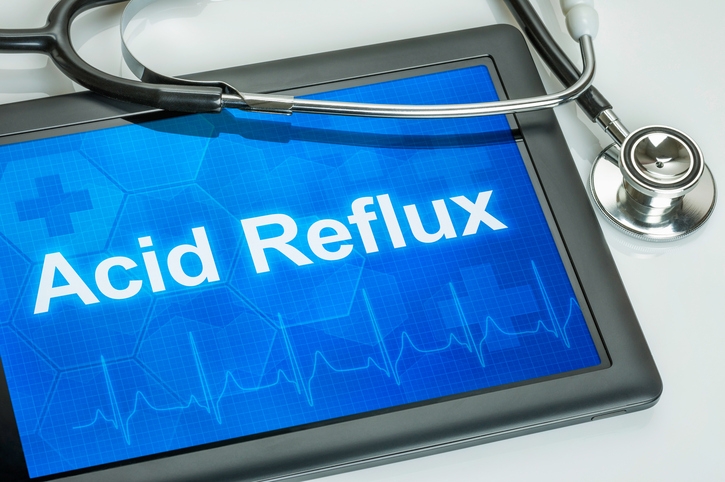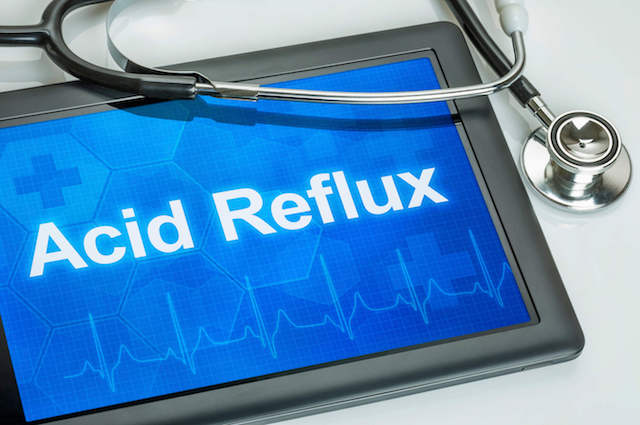Acid Reflux Medication Dependence & Misuse
A 2001 study by the American Gastroenterological Association found that prescription and over-the-counter medications to treat acid reflux account for over $11 billion in pharmaceutical sales. This staggering number should come as no surprise given the fact that one-third of the American population suffers from acid reflux.
These medications are designed to do one thing: reduce stomach acid. But suffering from acid reflux does not necessarily mean your body is producing too much stomach acid. In fact, acid reflux often means you’re producing too little! We produce less stomach acid as we get older, and many studies have proven there’s a correlation between lower amounts of stomach acid and acid reflux.
The most common medications used to reduce the production of stomach acid are called proton pump inhibitors (PPIs). They were introduced in the 1980’s, and their names are familiar: Nexium, Prevacid and Prilosec, just to name a few
Low Levels of Stomach Acid Cause Acid Reflux?!
There’s a band of muscles called the lower esophageal sphincter (LES) that encircle the esophagus at the point where food enters the stomach. If there’s a high amount of stomach acid, the LES tightens, restricting the flow of acid into the esophagus. When stomach acid is low, the LES loosens, which allows stomach acid to enter the esophagus. If taking PPI’s to reduce stomach acid sounds counterintuitive, guess what? It is.
Can I Become Dependent on PPI’s to Reduce Stomach Acid?
It’s not uncommon for people to use PPI’s for life, and it’s widely known there can be some very long-term side effects. Many patients find their acid reflux is much worse once they stop using PPI’s. Some of the more common long-term side effects are:
- Weakened bones, caused by a reduction in calcium
- Blood that’s less capable of absorbing nutrients, and
- Diarrhea, which affects ten (10) percent of PPI users.
And taking over-the-counter antacids like Maalox, Rolaids, Tums and Mylanta are no different. People who take these medications to reduce stomach acid often find they become dependent on them, as well.
I Don’t Want to Become Dependent on PPI’s. What Are My Options?
While the word Reflux surgery might scare you, it is the only way to stop acid reflux. Unlike PPI’s and over-the-counter antacids, surgery fixes acid reflux—it doesn’t just slap a Band-Aid on it.
Two of the most common surgeries to fix acid reflux are:
The Nissen Fundoplication, which is a laparoscopic procedure that assists in the closing of the LES (Lower Esophageal Sphincter). This prevents stomach acid from entering the esophagus.
The LINX System is less invasive than the Nissen Fundoplication, and involves the placement of a small, circular bead of magnets that close off the weak valve. When swallowing occurs, it re-opens.
There are several lifestyle changes (elevating the head of your bed, losing weight) that can help reduce the occurrence of acid reflux. But they won’t fix the problem. If you have questions about fixing your acid reflux with surgery, contact board-certified surgeon Dr. Preeti Malladi. Together you can review the surgical treatment options available to end your acid reflux.







